Odra Trail – The upper barrage, Sand Lock [16]
The first documented mentions of the use of the river as a waterway in Wrocław part of Odra come from 1226. However, a large number of fixed and floating mills (even in the early nineteenth century on both barrages operated 17 plants with 58 water wheels), low river crossings and numerous shallows made sailing in this part of the river very difficult. Therefore initially, out of necessity, river transport started at the port at the Sand Bridge up or from the City Port down the river.
The situation changed when, in the eighteenth century, almost entire Odra was under Prussian administration. Emperor Frederick II decided to create a modern waterway on the Odra River, which was to become – from the Upper Silesia to Szczecin – a navigable river. At the end of the eighteenth century, in 1791-1794, locks were built on two barrages: Burgher’s (on the lower barrage) and Sand (on the upper barrage).
Sand Lock is currently the oldest hydro technical equipment of the Wrocław Water Junction. It was founded on the site of the first known lock in Wrocław, located on the weir of St. Matthias. During its construction dug was a canal at the edge of the Piasek island, creating another artificial island – Daliowa. Although the Sand Lock was enlarged and modernized several times, the principles of its operation have not changed – it is still equipped with a manual gate control mechanisms. Sand Lock, originally wooden, in 1820 gained a brick casing (lock gates and chamber floor remained wooden). Due to increased traffic and greater tonnage of ships, in 1882 the canal of the lock was extended from 39 to nearly 47 metres, and the gates replaced with a steel and wood construction. But the lock had still too small capacity. Still growing river traffic and increasing tonnage of transport barges forced city authorities to create a new waterway – the City Canal, built in 1892-1897.
Currently, the lock no longer serves its primary function, its gates are permanently open. After desluging chamber bottom the lock became clear for smaller ships.
Odra refreshes the city, rolling navigable water,
Where its people use freedom,
Swaying on boats and sailing vessels,
Or the so-called steam berliners
Or sailing with products, busy with business
They spare neither efforts nor want in their works.Bogusz Zygmunt Steczyński, Silesia. Scenic journey in 21 songs [unofficial translation]
ODRA TRAIL:
- Stopień wodny Opatowice, Śluza Opatowice
- Stopień wodny Bartoszowice, Śluza Bartoszowice
- Przystań ZOO, Port STANICA, Port RANCZO
- Przystań Zwierzyniecka, Most Zwierzyniecki, Kanał Miejskiego
- Szczytniki Barrage, Szczytniki Lock
- Wyspiański Shore
- Ujście rzeki Oława, Port Węglowy, Odra Centrum
- Grunwaldzki Bridge
- Kanał Żeglugowy, Śluza Zacisze
- Boulevard of Lech and Maria Kaczyński
- Gondola Bay
- Boulevard of Xawery Dunikowski
- Włostowic boulevard
- Most Tumski, Mosty Młyńskiej
- Sand Bridge, the Tamka Island
- The upper barrage, Sand Lock
- Słodowa Island
- Most Uniwersytecki, Marina
- The lower barrage – Burgher’s Lock
- Mieszczański Stopień Wodny, Elektrownie wodne
- Port Miejski, Kępa Mieszczańska
- Stopień wodny Różanka, Śluza Różanka
- Barrage Psie Pole, The City Lock
- Most Milenijny, Zimowisko Barek Osobowice 1
- Port Popowice
- Zimowisko Barek Osobowice 1
- Stocznia Kozanów
- Stopień wodny Rędzin, Śluzy Rędzin
- Home page
See also our Partner: www.WroclawNadOdra.pl [eng]
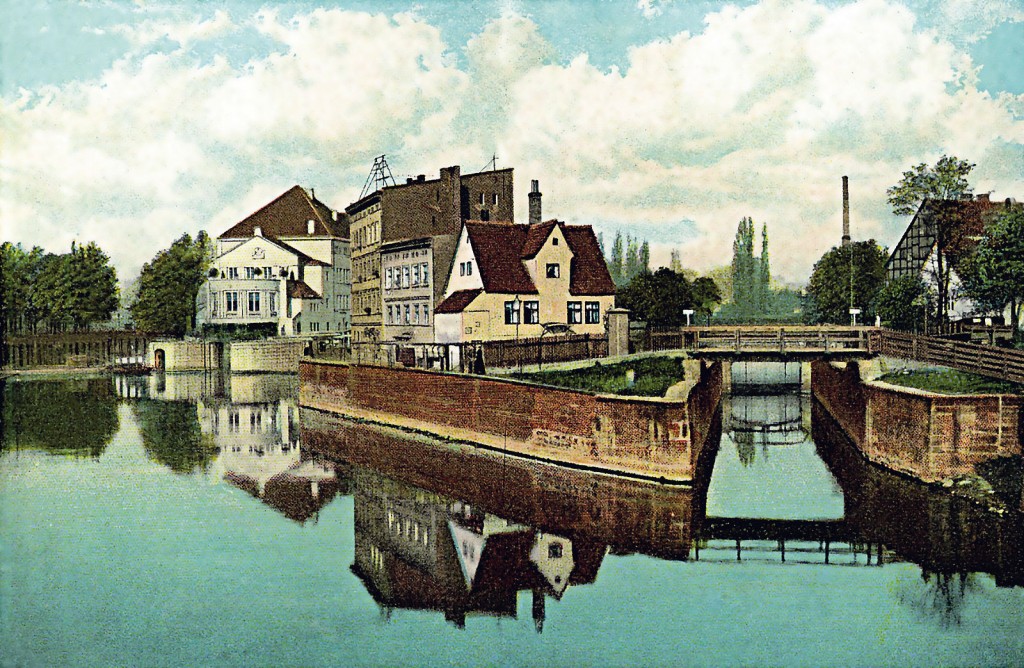
 See location on the map
See location on the map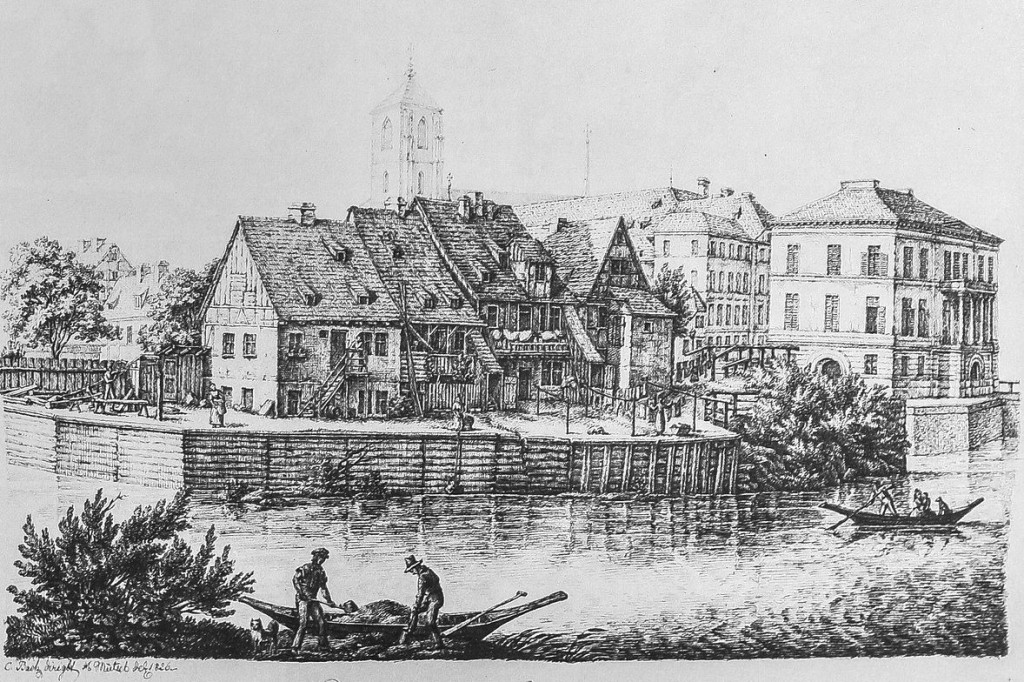
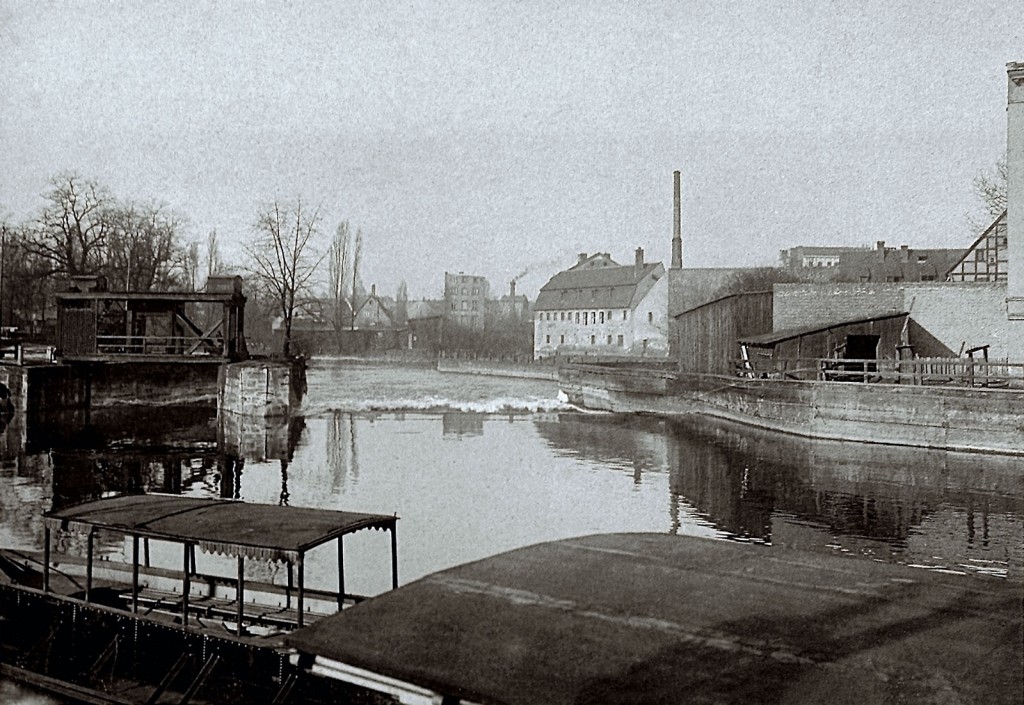
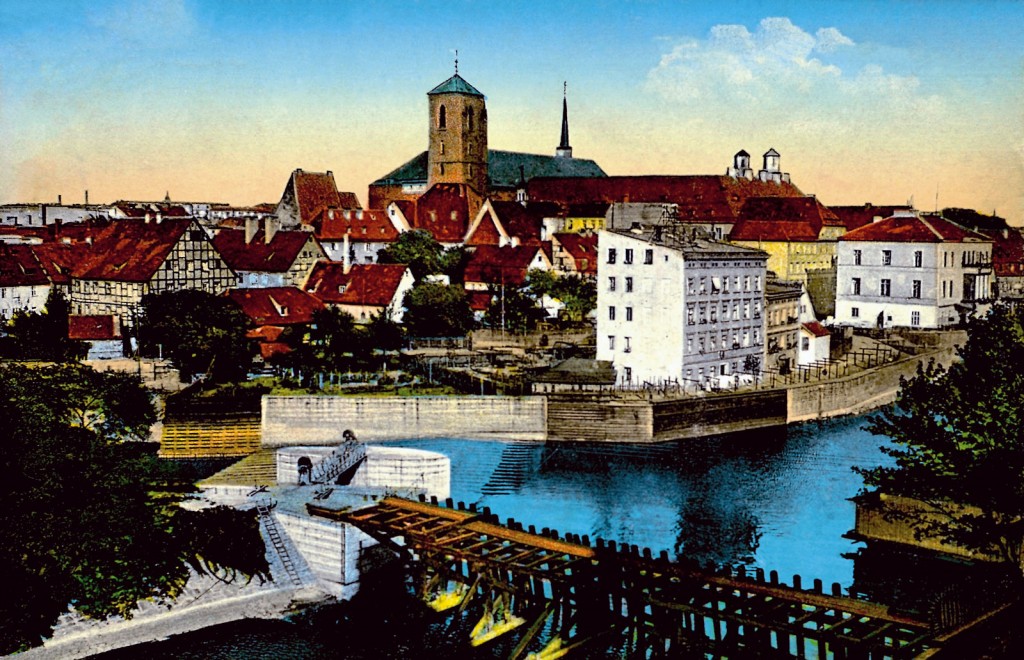
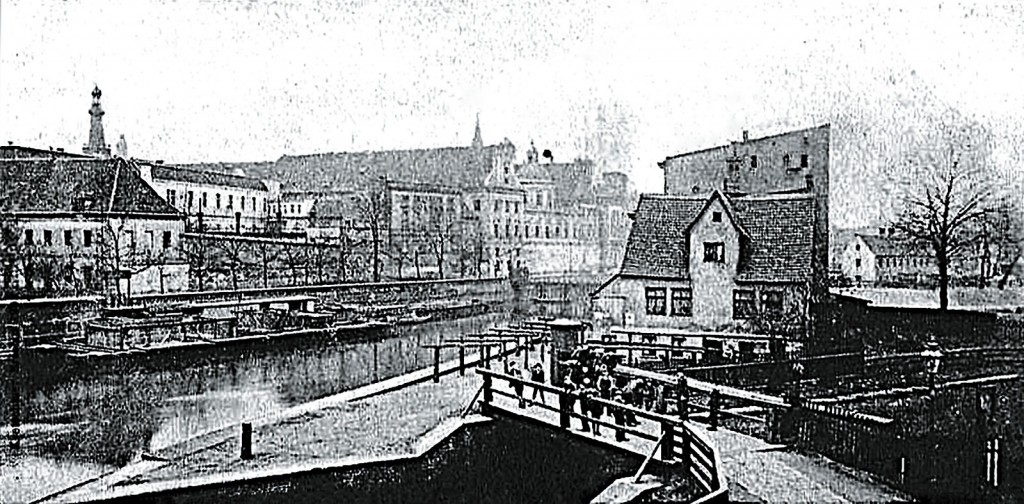
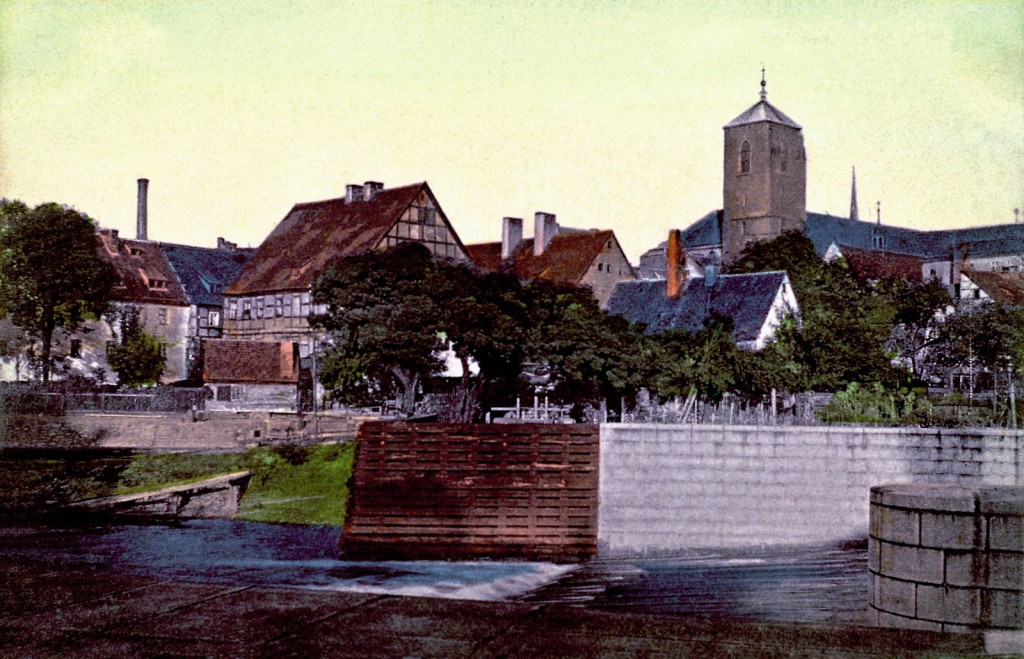
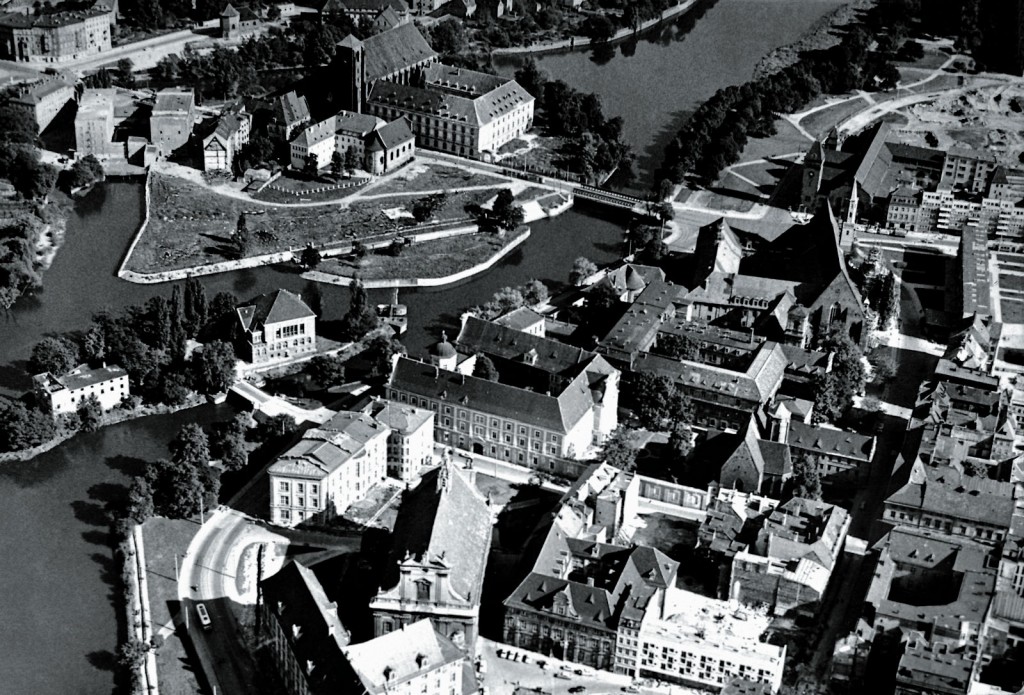
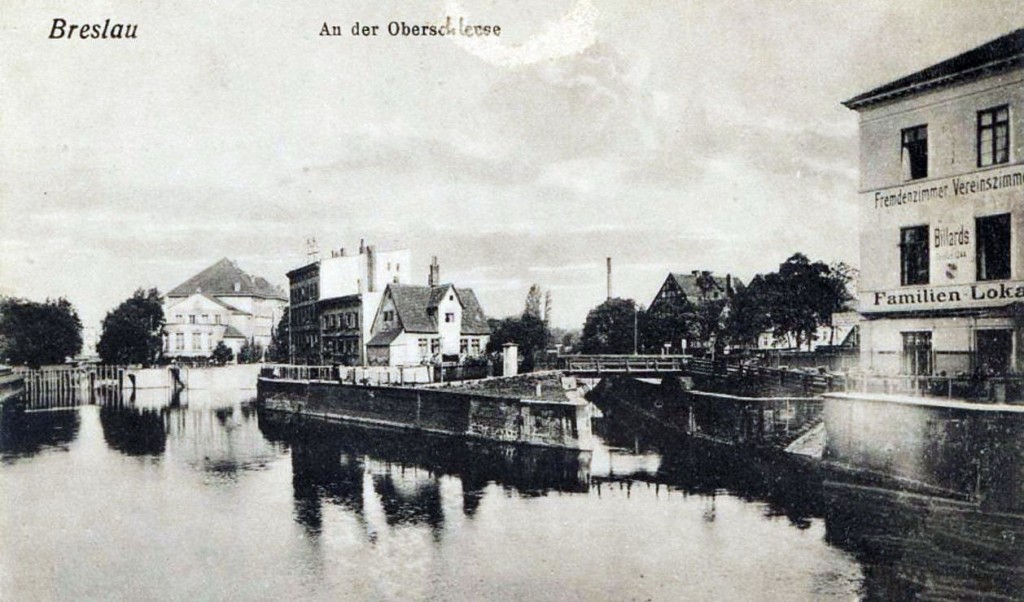
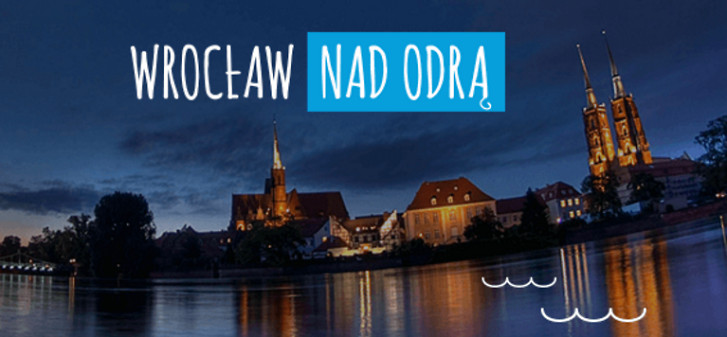
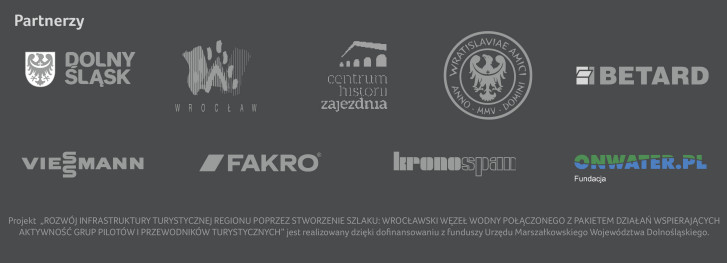

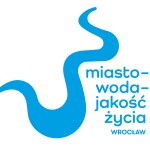

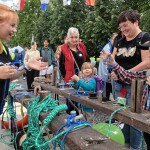

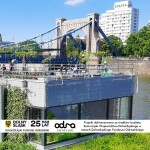


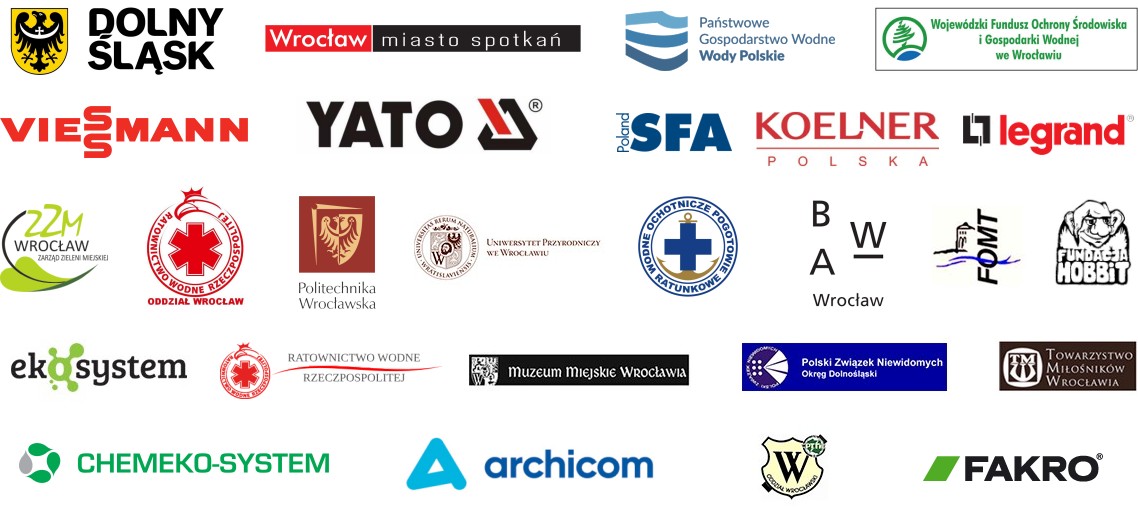
 wybrzeże Juliusza Słowackiego 5B, 50-406 Wrocław
wybrzeże Juliusza Słowackiego 5B, 50-406 Wrocław
 512 40 60 70
512 40 60 70




